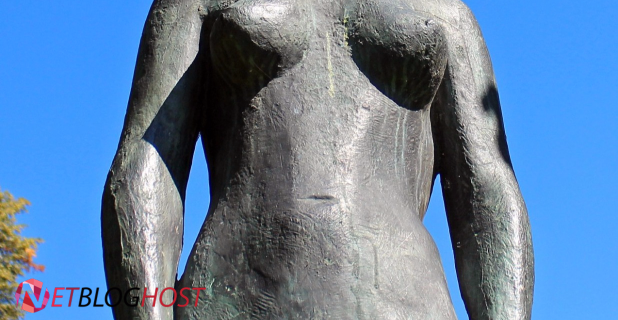Ernest Stoeffler was a scholar who devoted his life to the study of pietism in its many forms: Lutheran, Reformed, Anabaptist, Moravian, Puritan, Wesleyan, and the like. His magnum opus, The Rise of Evangelical Pietism, still stands as the best overall survey of pietism as an international movement. Stoeffler not only chronicled the various manifestations of pietism in great detail, he did so with an obvious love for his subject matter, which meant, among other things, that he drew attention to strengths in pietism that are often ignored by others. Indeed, in his study of American pietism he insisted that there was not only a social conscience at work in many pietist subgroups, but that the movement in general was an influential force for creating the environment for important twentieth century gains in the promoting of social justice. He was convinced, he said, “that the Pietist understanding of life, which regards every fellow believer as ‘sister’ or ‘brother,’ helped to begin the process of breaking down the rigid barriers associated with ethnic origin, race, and sex, which Americans originally inherited from Europe.”
While he did much to highlight pietism’s strengths, Stoeffler was not insensitive to the movement’s faults. He specifically singled out three of what he described as its “less admirable” traits or tendencies that often show up among pietists, namely: an “escapist” mentality that puts “the emphasis on blessedness in the hereafter rather than justice for all in the here and now”; “a certain anti-intellectual atmosphere”; and a “pronounced tendency toward sectarian fragmentation.”
Stoeffler’s list of the defective tendencies that often plague pietism is helpful. Indeed, I have spent a good part of my own participation in the Evangelical movement working to remedy those defects. This is still an important agenda today, even though the defective tendencies—and their attempted correctives— may show up in new ways in our present context.
Having said that, I have to immediately add that it would be a very bad move to try to remedy these defects by moving in a completely opposite direction. We do not correct anti-intellectualism as Christians simply by slipping into a thoroughgoing rationalism. Nor is an uncritical accommodation to the dominant cultural patterns of this present world a proper antidote to other-worldliness. And we do not remedy a separatistic spirit by giving into an anything-goes relativism. Our intellectual lives, our cultural engagements, our relationships with others in the Body of Christ—all of these must be guided by a personal and communal godliness, by hearts that desire the kind of holiness without which none shall see the Lord.
In an important sense, North American Evangelicalism is, in large part, a coalition of groups who can trace their roots to a variety of pietist traditions. It might be a good thing for Evangelicals these days to look explicitly at these traditions—in order to avoid the defects while drawing on the necessary strengths.






























